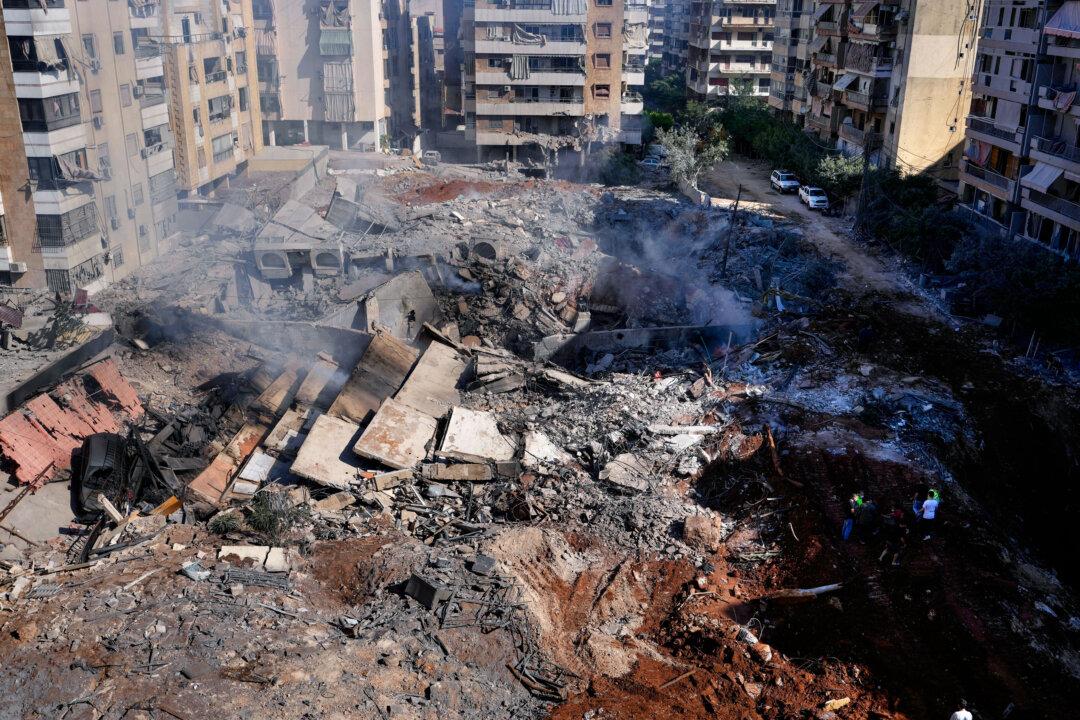Israel took out another senior Hezbollah member on Sept. 29—days after killing the terrorist group’s leader, Hassan Nasrallah—the country’s military announced.
The Israel Defense Forces (IDF) carried out a strike in the Lebanese capital of Beirut that killed Nabil Qaouk, the commander of Hezbollah’s Preventative Security Unit and a member of its executive council, which is in charge of the organization’s economic and social operations.





